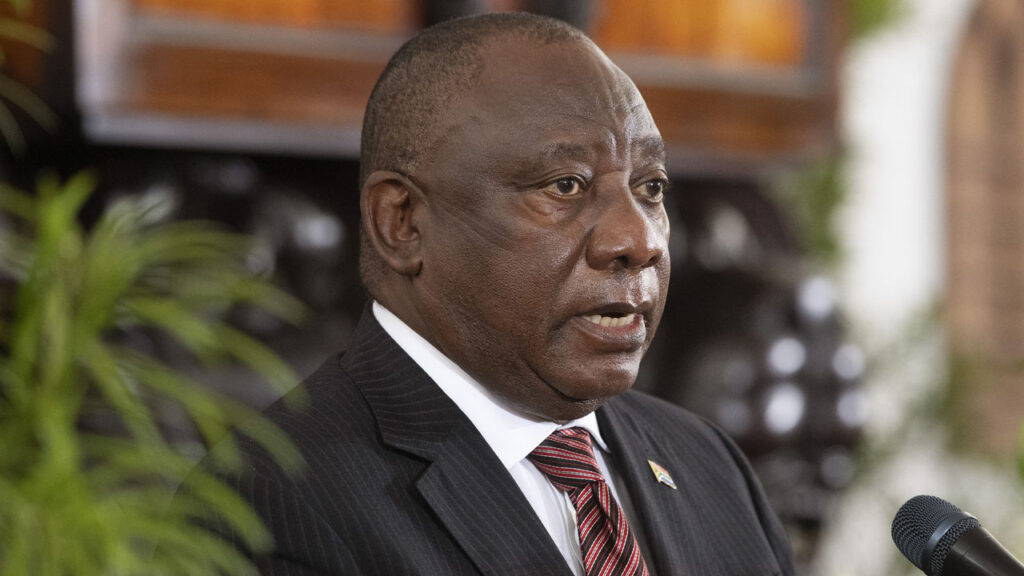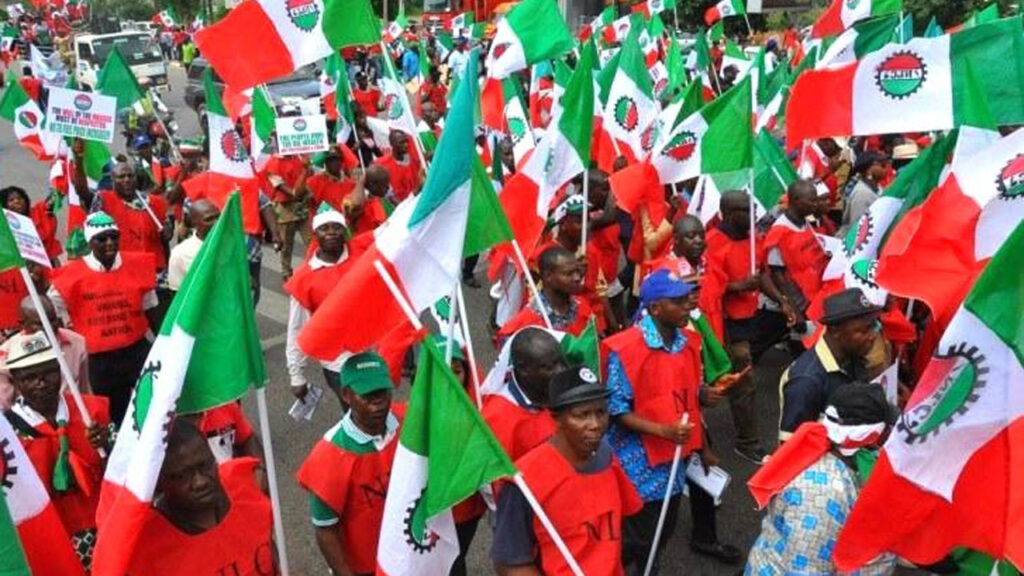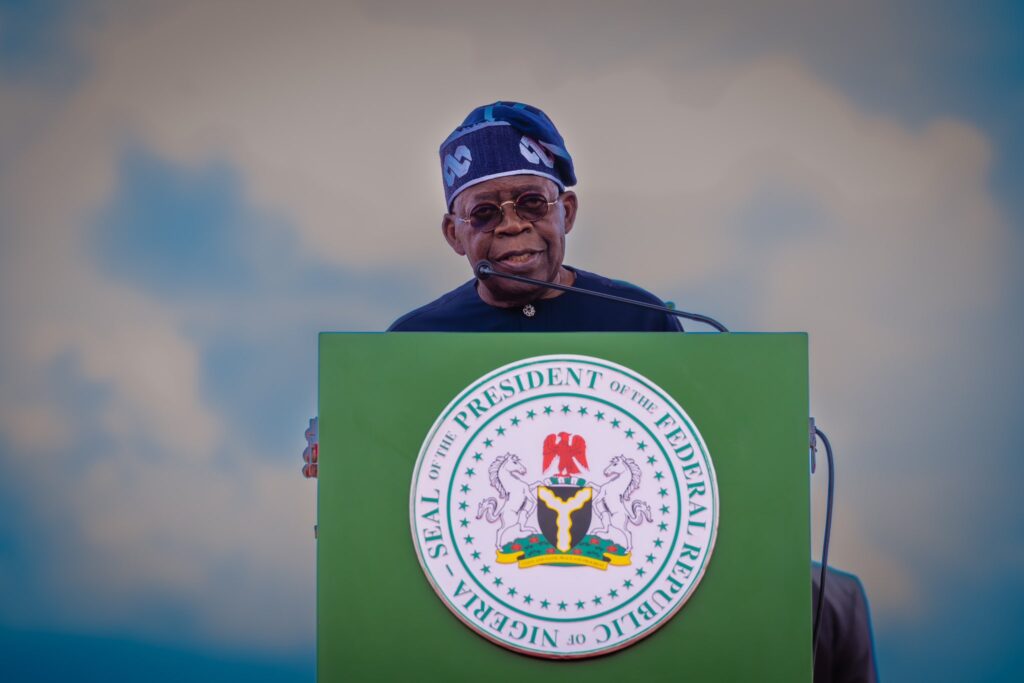
The incessant disregard for the rule of law in Nigeria constitutes a major threat to her nascent democracy, but the operators of the Constitution are disinterested in addressing this fundamental issue because they are the principal culprits. It is most unfortunate that the survival of the current democratic dispensation, which was enthroned after many years of protests against military rule, and in which many Nigerians lost their lives, is not being given due respect by politicians who are the direct beneficiaries and other stakeholders in the country.
The recent decision of a High Court of Rivers State nullifying the recall of the pension and other benefits paid to Sir Celestine Omehia underscores this argument. Omehia had approached the court to determine whether he is a former governor of Rivers State, to establish his entitlement or otherwise to the pension and other benefits under the Rivers State Former Governors and Deputy Governors Pension and Fringe Benefits Law, 2012.
Dismissing the case, the presiding judge, Justice Daketima Kio, held that Omehia was never a former governor of Rivers State, hence not entitled to the reliefs sought. This decision was informed by the earlier judgment of the Supreme Court in Amaechi V. INEC & 2 Ors where it was held that “Omehia remains no more than a pretender to the office of governor of Rivers State” and consequently stripped him of any gubernatorial status and its attendant privileges. Justice Kio explained that “once the Supreme Court takes a decision, that decision has the backing of the constitution.”
The court also dismissed the counterclaim of the 1st Defendant (Rivers State Government) demanding a refund of the pension and fringe benefits paid to Omehia from the period he was (purportedly) recognised as a former governor and subsequently de-recognised by the Nyesom Wike-led administration. Justice Kio reasoned that since Omehia never applied to be so recognised, he cannot be made to suffer for the wrong of the Rivers State government. More so, the Defendants paid the funds of their own volition, hence, cannot legitimately ask the Claimant (Omehia) for a refund. The judge further ruled that the counterclaim could not be entertained in an originating summons proceeding, adding that if the Defendants were desirous of recovering the said amount, they should institute an independent action instead of using Omehia’s case to demand for refund.
It is submitted, with respect, that the portion of the judgment relieving Omehia from any indebtedness to the Rivers State government has further complicated the real issue in controversy rather than resolving it. Perhaps from the perspectives of the parties, the judgment is bittersweet as they were neither fully satisfied nor completely left empty-handed. However, the rest of the public is perplexed by the somewhat self-contradictory nature of the verdict. On one hand, the court held that Omehia was never a governor of Rivers State and, therefore, not entitled to any benefit accruable to former governors; on the other hand, it maintained that Omehia should not refund the benefits “wrongly” received from the government as a former governor.
Whilst Omehia’s prayer was determined on all fours with the law, however, the court’s decision on the counterclaim of Rivers State is an admixture of law and sentiments. It is pertinent to note that the court rightly faulted the counterclaim for being an inappropriate process in an originating summons proceeding. The content of the counterclaim borders on facts and as such was suitable for a suit commenced by Writ of Summons. Actions commenced by Originating Summons are solely for determining questions of law where facts are not in dispute. However, having impeached the propriety of the counterclaim, the court should have allowed it to fall like a pack of cards by striking it out. Accordingly, there is no legal basis for the court to have proceeded to consider the substance of a process it found incurably defective procedural-wise.
Hell-bent on examining the substance of the counterclaim, Justice Kio excused Omehia from financial liability to Rivers State on account of the monies received as a former governor. He drew this interference from the fact that Rivers State unilaterally paid Omehia over N697 million as accruable pension and fringe benefits without his prompting. With utmost due respect, this conclusion is purely fraught with emotions. The fundamental question before the court was whether Omehia was a former governor of Rivers in the eyes of the law, and the court answered in the negative. Therefore, the issue of him not requesting the said monetary benefits was immaterial – the bottom line is that he enjoyed the pension benefits unduly and should be bound to refund the same.
Unarguably, the resolution passed by the Rivers State House of Assembly in 2015, mandating the then governor, Nyesom Wike, to recognise Omehia as a former governor and be accorded all entitlements, privileges, and benefits was unconstitutional and contemptuous. The House even admitted this grave impunity and attempted to cure it by derecognising Omehia in October 2022. However, it is asserted that the Recognition Resolution and Derecognition Law are offensive documents not worth the ink with which they were printed. The House of Assembly lacks the vires to deliberate or legislate on an issue the Supreme Court has rested. Put differently, there was never a valid Recognition Resolution ab initio; hence the so-called Derecognition Law was needless. The House should have shamefacedly expunged the Recognition Resolution from its records as though it never existed via another resolution.
Having acknowledged that at no time was Omehia entitled to monetary benefits as a former governor, the court fell into grave error by discharging him from financial liability over an amount he knew he was not entitled to but willfully received all the same. The court inadvertently justified the ostensible Recognition Resolution by exonerating Omehia from financial blame. Since Rivers State routed its demand via a wrong procedure, the court should have directed it to institute a debt recovery action (if so desired) without delving into the merits of the counterclaim.
Rivers State subverted the rule of law and held the Supreme Court before the general public as “supine and irrelevant” to score cheap political points. Sadly, Omehia also did the same. It may be true that he did not originate the idea, but he should have declined the purported recognition and the accompanying benefits as a matter of honour. Importantly, he had the legal and moral obligation to refuse the undeserving financial benefits but woefully failed to do so. The lone victims in this ‘scheme’ are the ordinary people of Rivers State from whose commonwealth the funds were illegally drawn and not Omehia as the court painted it. The instant case presented an opportunity for the court to castigate Rivers State government and the House of Assembly for dancing on the face of the Constitution and desecrating the altar of justice, but it missed it.
It is sacrilegious for any person or authority to purport to restore what the Supreme Court has permanently extinguished. The judiciary cannot be a passive on-looker when any person or authority attempts to undermine the rule of law and should not hesitate to use its powers to cut such a person or authority to size. As creations of the Constitution, the organs of government have an important stake in flying high and loftily the banner of the rule of law. Regrettably, they have not been able to live up to this standard. The signs are now clear that the time has arrived for the operators of the Constitution to allow the rule of law to prevail.













